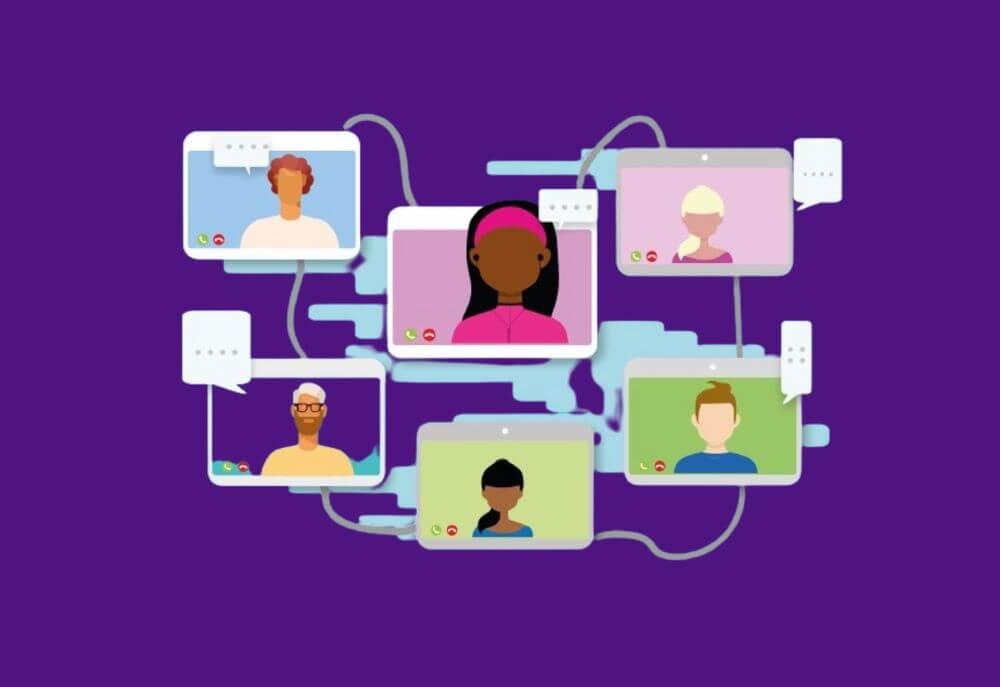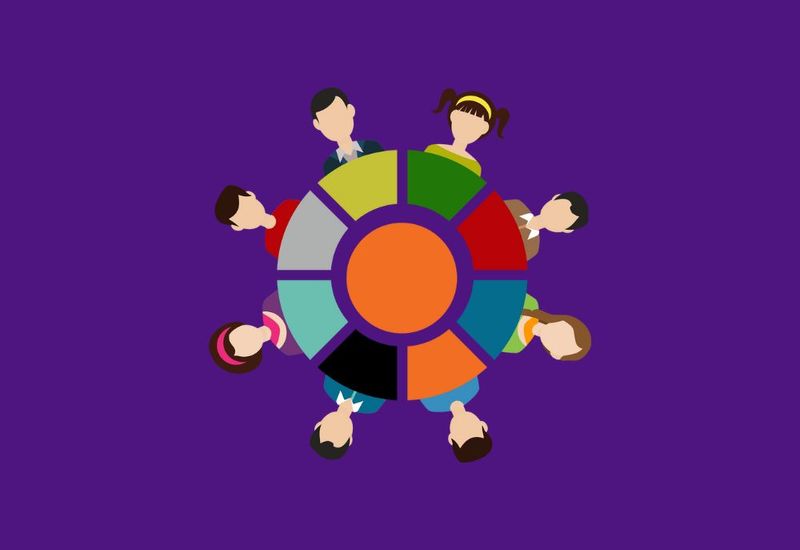In today’s fast-paced work environment, staying connected and aligned with your team is crucial for success. Regular catch-up meetings are the most effective way to achieve this.
These informal gatherings offer a platform for team members to share updates, discuss and review progress, and address any concerns, fostering better communication and stronger collaboration.
What is a Catch-Up Meeting?
A catch-up meeting is an informal, regular gathering where team members share updates, discuss progress, and address any concerns.
Unlike formal meetings, these sessions are flexible, typically shorter, and focus on maintaining alignment and communication within the team.
They are essential for ensuring everyone stays on the same page and can effectively contribute to ongoing projects.
Importance of Catch-Up Meetings
Improved Communication
Regular catch-up meetings prevent miscommunication by ensuring that everyone is informed about recent developments and can share their updates.
This continuous flow of information helps in maintaining transparency and keeps everyone aligned with the team’s goals and objectives.
Increased Engagement
Providing a platform for team members to voice their thoughts and ideas fosters engagement and a sense of ownership over their work.
When employees feel heard and valued, their motivation and commitment to the team’s success naturally increase.
Alignment and Focus
These meetings help keep the team aligned with the main objectives, ensuring that everyone is focused on what’s essential for project success.
Regular check-ins help in recalibrating goals and priorities, ensuring that the team stays on track.
Early Problem Identification
Frequent check-ins allow for early identification of potential issues, enabling timely intervention before problems escalate.
Addressing small issues promptly can prevent them from becoming significant obstacles that could derail the project.
Enhanced Productivity
A clear understanding of roles, progress, and upcoming changes boosts overall team productivity by promoting efficient work practices.
When everyone knows what they are supposed to do and what others are working on, it reduces duplication of efforts and increases efficiency.
Conducting Effective Catch-Up Meetings
Set Clear Objectives
Establish clear goals for each meeting to ensure all important topics are covered and to guide the conversation.
Clear objectives help in maintaining focus and making the most out of the meeting time.
Decide on Frequency
The frequency should be based on the team’s needs and project demands.
Daily meetings may suit fast-paced projects, while weekly or bi-weekly meetings might be better for longer-term projects.
Adjusting the frequency as per the project lifecycle can help in maintaining relevance and effectiveness.
Prepare a Flexible Agenda
A loose agenda helps guide the meeting without being too rigid.
Include project updates, obstacles, innovative ideas, and upcoming tasks to ensure all significant points are discussed.
A flexible agenda allows for spontaneous discussions and ensures that all pressing matters are addressed.
Promote Open Communication
Encourage all team members to share their thoughts and updates freely to foster a culture of trust and cooperation.
Open communication is key to building strong relationships and a collaborative environment.
Respect Time Limits
Keep meetings brief, ideally between 15 to 30 minutes, to maintain engagement and ensure efficient use of time.
Time-bound meetings help in keeping discussions focused and productive.
Encourage Participation
Ensure all team members contribute by asking open-ended questions and seeking input from quieter members.
Inclusive meetings help in gathering diverse perspectives and foster a sense of belonging among team members.
Follow-Up
Share a meeting summary and assign action items to maintain accountability and ensure that discussions translate into actions.
Follow-ups help in tracking progress and ensuring that the team is moving forward as planned.
Best Practices for Catch-Up Meetings
Leverage Technology
Use tools like project management software and video conferencing apps to facilitate communication, especially for remote teams.
Tools like this can enhance collaboration and keep remote teams connected.
Timeliness
Start and end meetings on time to show respect for everyone’s schedule.
Punctuality demonstrates professionalism and respect for team members’ time.
Positive Atmosphere
Foster a friendly environment where successes and challenges can be openly discussed.
A positive atmosphere encourages open communication and makes meetings more enjoyable.
Acknowledge Challenges
Address issues promptly to prevent them from escalating.
Timely intervention can mitigate risks and ensure smooth project progression.
Celebrate Wins
Recognize and celebrate small victories to boost team morale.
Celebrating achievements, no matter how small, can motivate the team and reinforce positive behavior.
Provide Feedback
Offer constructive feedback to promote personal growth and improve performance.
Constructive feedback helps in identifying areas of improvement and supports continuous development.
Meeting Agenda Template
- Welcome and Purpose
- Briefly outline the meeting’s objective. A clear purpose sets the tone for the meeting and helps in focusing the discussion.
- Project Updates
- Each team member shares their progress. Regular updates keep everyone informed and aligned with the project’s status.
- Challenges and Obstacles
- Discuss any issues faced and brainstorm solutions. Addressing challenges collectively can lead to more effective problem-solving.
- Innovative Ideas
- Encourage team members to propose new ideas or improvements. Innovation drives progress and can lead to better ways of doing things.
- Upcoming Tasks
- Outline tasks and deadlines for the coming period. Clear task assignments ensure that everyone knows what they need to do next.
- Feedback and Questions
- Provide feedback and address any questions or concerns. Open forums for feedback and questions promote transparency and trust.
Addressing Remote Teams
For remote teams, catch-up meetings are even more crucial to compensate for the lack of face-to-face interaction.
Use digital tools to ensure clear communication, respect different time zones, and utilize video conferencing to maintain a personal connection.
Regular virtual meetings help maintain team cohesion and ensure remote team members feel connected and engaged.
Additional Tips for Remote Teams
Regular Check-Ins
Schedule regular check-ins to keep remote team members connected and informed.
Use Video Calls
Whenever possible, use video calls instead of audio-only calls to maintain a personal connection.
Be Mindful of Time Zones
Schedule meetings at times that are convenient for all team members, considering different time zones.
Encourage Informal Conversations
Create opportunities for informal conversations to build relationships and foster a sense of camaraderie among remote team members.
Conclusion
Catch-up meetings are a vital tool for maintaining open communication, fostering team cohesion, and boosting productivity.
By following best practices and ensuring effective implementation, these meetings can significantly enhance the overall performance and morale of your team.
Regular, well-structured catch-up meetings ensure that everyone stays connected, informed, and motivated, leading to better project outcomes and a more cohesive team.



